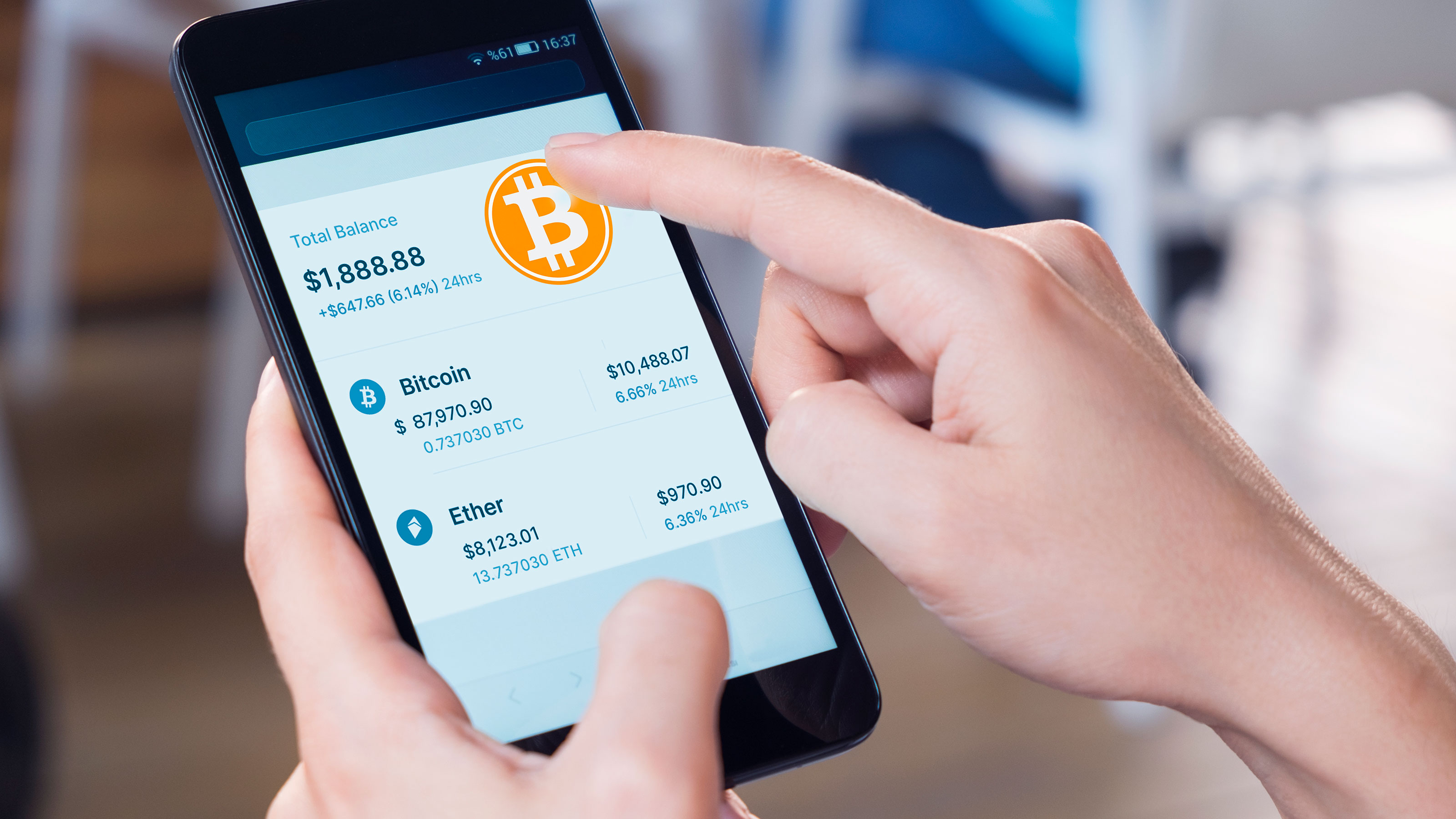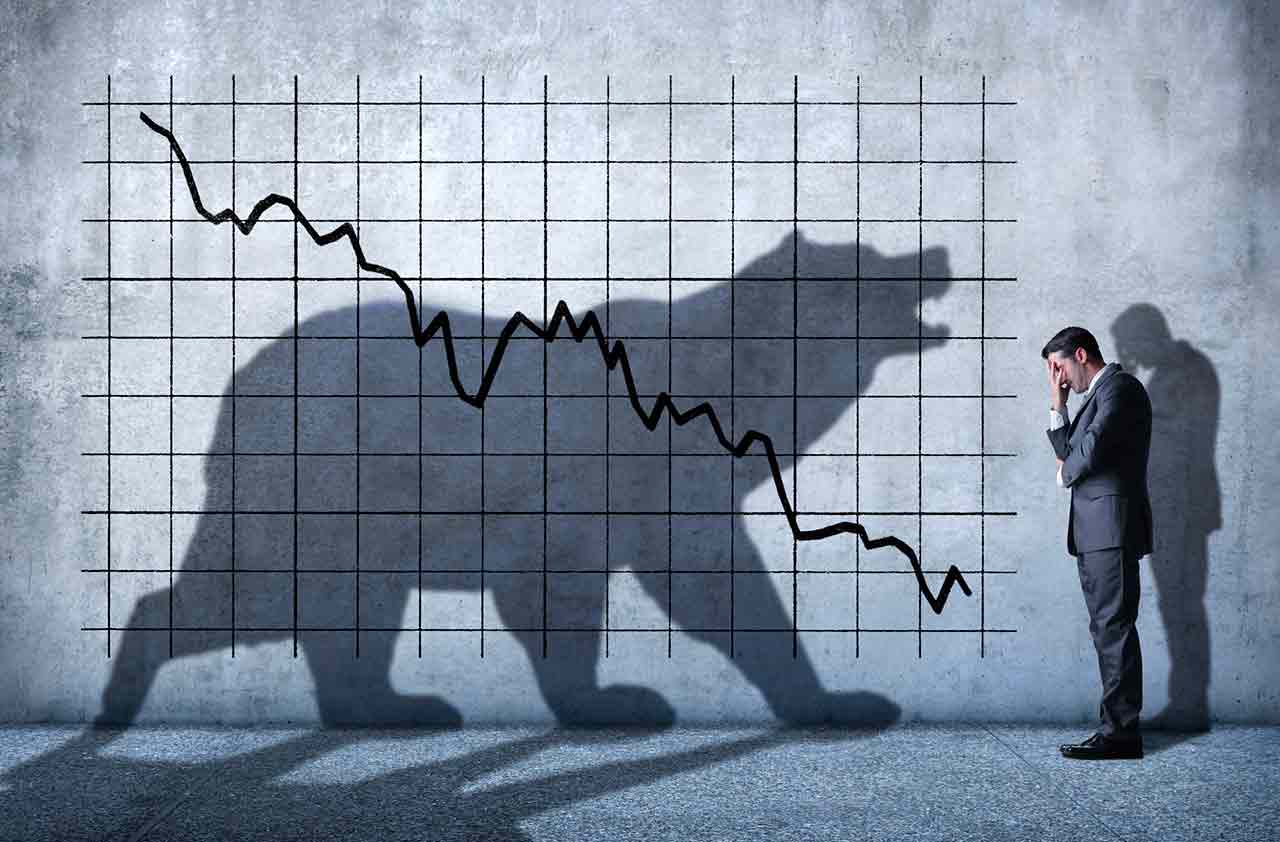Start Investing Now? Uh, Yeah
Take advantage of one of your greatest assets: time.

Profit and prosper with the best of Kiplinger's advice on investing, taxes, retirement, personal finance and much more. Delivered daily. Enter your email in the box and click Sign Me Up.
You are now subscribed
Your newsletter sign-up was successful
Want to add more newsletters?

Delivered daily
Kiplinger Today
Profit and prosper with the best of Kiplinger's advice on investing, taxes, retirement, personal finance and much more delivered daily. Smart money moves start here.

Sent five days a week
Kiplinger A Step Ahead
Get practical help to make better financial decisions in your everyday life, from spending to savings on top deals.

Delivered daily
Kiplinger Closing Bell
Get today's biggest financial and investing headlines delivered to your inbox every day the U.S. stock market is open.

Sent twice a week
Kiplinger Adviser Intel
Financial pros across the country share best practices and fresh tactics to preserve and grow your wealth.

Delivered weekly
Kiplinger Tax Tips
Trim your federal and state tax bills with practical tax-planning and tax-cutting strategies.

Sent twice a week
Kiplinger Retirement Tips
Your twice-a-week guide to planning and enjoying a financially secure and richly rewarding retirement

Sent bimonthly.
Kiplinger Adviser Angle
Insights for advisers, wealth managers and other financial professionals.

Sent twice a week
Kiplinger Investing Weekly
Your twice-a-week roundup of promising stocks, funds, companies and industries you should consider, ones you should avoid, and why.

Sent weekly for six weeks
Kiplinger Invest for Retirement
Your step-by-step six-part series on how to invest for retirement, from devising a successful strategy to exactly which investments to choose.
Washington, D.C., where I live, is a “So, what do you do?” kind of town—no conversation at a party is complete until someone details his or her résumé. When I tell people that I write about investing, I usually end the conversation with a friendly, “Let me know if you ever need help with your 401(k).” An alarming number of people in my age group (I’m 27) say, “Yeah, I should probably get on that, huh?” Uh, yeah. You really should.
If you are procrastinating, you’re not alone. In a recent study from Ally Bank, 61% of Americans said they found investing scary or intimidating, and more than half said they planned to invest, or invest more, in the stock market—“but not right now.” Among respondents, millennials were most likely to report feeling intimidated, and their biggest fear was losing money on investments.Why so much angst? We’re the generation that came of age during the worst financial crisis since the Great Depression. We watched markets implode and the economy follow suit, shrinking our post-college job options in the process. As the bull market approaches its 10th year, we know another downturn is lurking somewhere around the corner.
Invest Early and Often
The recent market peaks seem like the top of a cliff. But here’s the thing. Every second you wait to take the leap, you’re giving up one of your greatest assets as an investor: time. “The further from retirement you are, the more time your assets have to recover from big losses,” says Dave Nash, a certified financial planner in San Antonio. Generally, he says, that gives you leeway to take a little more risk with your investments for a potentially bigger reward. And the earlier you invest, the more time there is for compound interest to work its magic. You’ll hear a lot about the “magic” of compounding from financial planners (and this magazine). And sure, it can feel magical. But it’s just math.
From just $107.88 $24.99 for Kiplinger Personal Finance
Become a smarter, better informed investor. Subscribe from just $107.88 $24.99, plus get up to 4 Special Issues

Sign up for Kiplinger’s Free Newsletters
Profit and prosper with the best of expert advice on investing, taxes, retirement, personal finance and more - straight to your e-mail.
Profit and prosper with the best of expert advice - straight to your e-mail.
So let’s crunch some numbers. Say one of my fellow 27-year-olds starts contributing $100 per month toward retirement and earns a return of 8% per year. She would have $350,000 by age 67. Not bad, but had she started five years earlier, she would retire with nearly $530,000. As a young person, time is on your side.
What if you were the unluckiest investor in the world and you invested in a broad stock market index fund at the very top of the market in October 2007—just before stocks, as measured by that index and including dividends, tumbled 55.3%? If you hadn’t touched your money from then until now, you’d have earned 7.6% per year, on average, on your initial investment, for a total gain of 111.1%. You’d have more than doubled your money.
A quick-and-dirty calculation to keep in mind, says Nash, is the rule of 72. To find how long it will take your money to double, divide your portfolio’s rate of return into 72. Even if you earn a conservative 6%, your money will double about every 12 years. Boost that to 10% (the average return for stock portfolios dating back to 1926), and you’ll double your investment about every seven years.Still, you may ask, wouldn’t it be better to wait to invest until stock prices are lower? Sure, theoretically, but good luck guessing when that’s going to happen. “If it was easy to time the market and know which asset classes will outperform, then we’d all be millionaires,” says Elaine Lee, a CFP in Summit, N.J. You’re better off diversifying your investment dollars among various asset classes, such as stocks, bonds and cash, to ensure your eggs aren’t all in one basket. A strategy known as dollar-cost averaging takes the emotion out of timing your investments. Rather than fret over what the market is doing, you invest, say, the same portion of each paycheck in your 401(k). You’ll buy more shares when prices are low and fewer when they’re high, driving down the average price you pay per share.
Profit and prosper with the best of Kiplinger's advice on investing, taxes, retirement, personal finance and much more. Delivered daily. Enter your email in the box and click Sign Me Up.

Ryan joined Kiplinger in the fall of 2013. He wrote and fact-checked stories that appeared in Kiplinger's Personal Finance magazine and on Kiplinger.com. He previously interned for the CBS Evening News investigative team and worked as a copy editor and features columnist at the GW Hatchet. He holds a BA in English and creative writing from George Washington University.
-
 Dow Leads in Mixed Session on Amgen Earnings: Stock Market Today
Dow Leads in Mixed Session on Amgen Earnings: Stock Market TodayThe rest of Wall Street struggled as Advanced Micro Devices earnings caused a chip-stock sell-off.
-
 How to Watch the 2026 Winter Olympics Without Overpaying
How to Watch the 2026 Winter Olympics Without OverpayingHere’s how to stream the 2026 Winter Olympics live, including low-cost viewing options, Peacock access and ways to catch your favorite athletes and events from anywhere.
-
 Here’s How to Stream the Super Bowl for Less
Here’s How to Stream the Super Bowl for LessWe'll show you the least expensive ways to stream football's biggest event.
-
 About 40% of Heirs Say They Can’t Afford an Inherited Home
About 40% of Heirs Say They Can’t Afford an Inherited HomeEstate Planning The ‘Great Wealth Transfer’ may not help with high property taxes, soaring homeownership costs, and liquidity issues in 2025.
-
 Bear Market Strategy for Millennial Investors
Bear Market Strategy for Millennial InvestorsA focused, goal-oriented approach to investing can help millennials navigate a bear market.
-
 Why a Target-Date Fund Works for Me
Why a Target-Date Fund Works for Meinvesting Target-date funds are attractive for their simplicity. And while I've invested in one in the past, that doesn't mean it's the right choice for you.
-
 How Do I Spend My Bitcoin? (And Where?)
How Do I Spend My Bitcoin? (And Where?)cryptocurrency You can invest in Bitcoin, but seeing as it's a digital currency, you can spend it, too – at a rapidly growing number of businesses. Here's how.
-
 Can You Trust TikTok’s Advice?
Can You Trust TikTok’s Advice?Becoming an Investor TikTok is rife with pitches for trendy, volatile investments, including cannabis and cryptocurrencies.
-
 Should You Invest in Crypto?
Should You Invest in Crypto?Becoming an Investor Before you put any money into cryptocurrencies, establish a core portfolio in line with your investing goals.
-
 Millennials Face Their Second Recession
Millennials Face Their Second RecessionMaking Your Money Last Forty percent of millennials say the pandemic will likely cause them to delay payments on their debts. Does that include you? Time to take action.
-
 My First Bear Market, By the Book
My First Bear Market, By the BookInvestor Psychology I'm boosting my 401(k) contributions now that my gym membership and student loan payments are on hold.